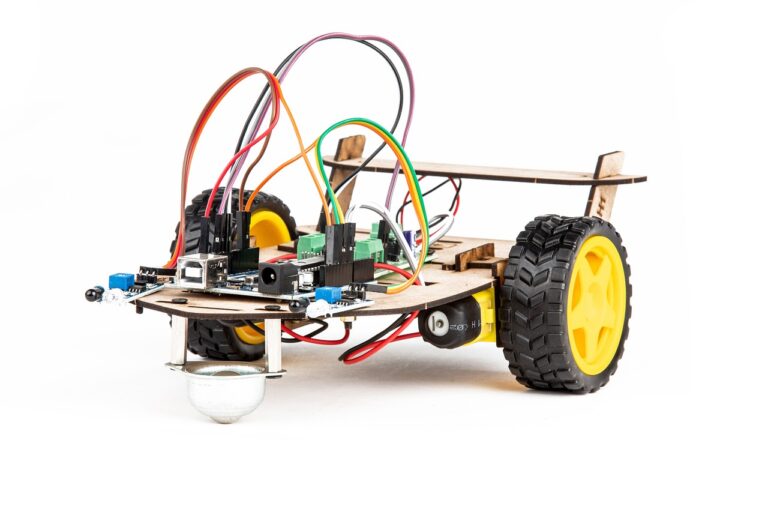Strategies for Supporting Culturally Diverse Students in Advanced Placement Courses
Cultural differences play a significant role in shaping our perceptions and behaviors. Each culture comes with its set of norms, values, and beliefs that influence how individuals interact with one another. It’s essential to be aware of these differences to foster effective communication and maintain positive relationships in a diverse society.
By understanding cultural differences, we can avoid misunderstandings and conflicts that may arise due to varying cultural perspectives. Being mindful of cultural nuances and practices allows us to show respect and appreciation for different ways of life. Embracing diversity enriches our relationships and promotes a more inclusive and harmonious environment for all individuals involved.
Recognizing Unique Needs
It is crucial to acknowledge that individuals from diverse cultural backgrounds may have specific requirements that differ from those of the majority. Recognizing and respecting these unique needs is fundamental in creating an inclusive environment where everyone feels valued and understood. By acknowledging these differences, we can work towards addressing them effectively and ensuring that all individuals receive the support and assistance they require.
When it comes to recognizing unique needs, it is important to adopt a proactive approach rather than a reactive one. This entails taking the time to learn about the cultural backgrounds and individual preferences of those around us. By doing so, we can tailor our interactions and services to better meet the needs of each person, fostering a sense of belonging and mutual respect within our communities.
Why is it important to understand cultural differences when recognizing unique needs?
Understanding cultural differences helps us to better understand and respect the individual needs and preferences of different groups of people.
How can recognizing unique needs benefit a community or organization?
Recognizing unique needs can lead to a more inclusive and supportive community or organization, where individuals feel valued and understood.
What are some strategies for recognizing and addressing unique needs?
Some strategies include actively listening to individuals, conducting cultural competency training, and providing resources and support tailored to specific needs.
How can individuals educate themselves on different cultural practices and beliefs?
Individuals can educate themselves by reading books, attending cultural events, and engaging in conversations with people from different cultural backgrounds.
What should individuals do if they are unsure how to address someone’s unique needs?
Individuals should approach the situation with an open mind, ask respectful questions, and be willing to learn and adapt to better meet the individual’s needs.





